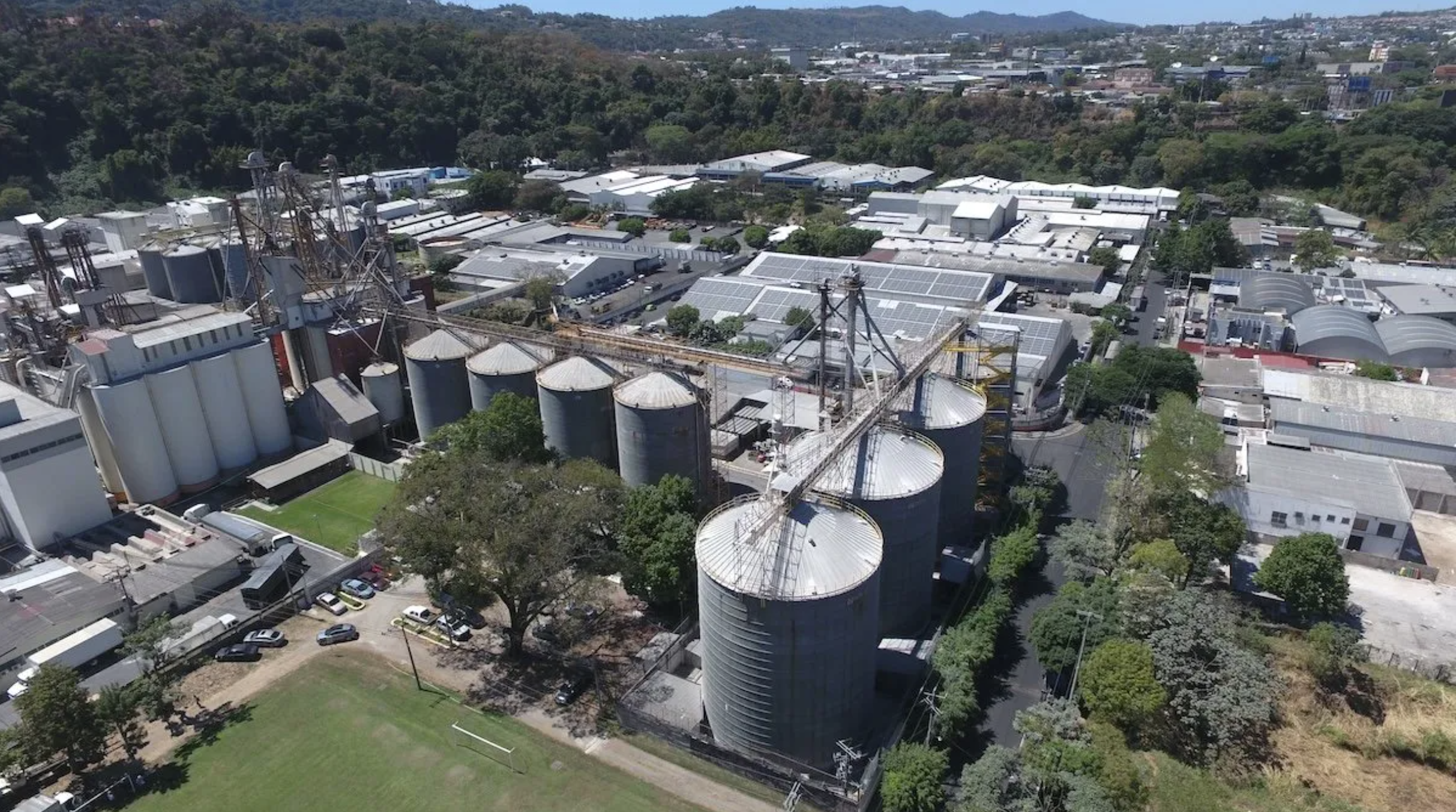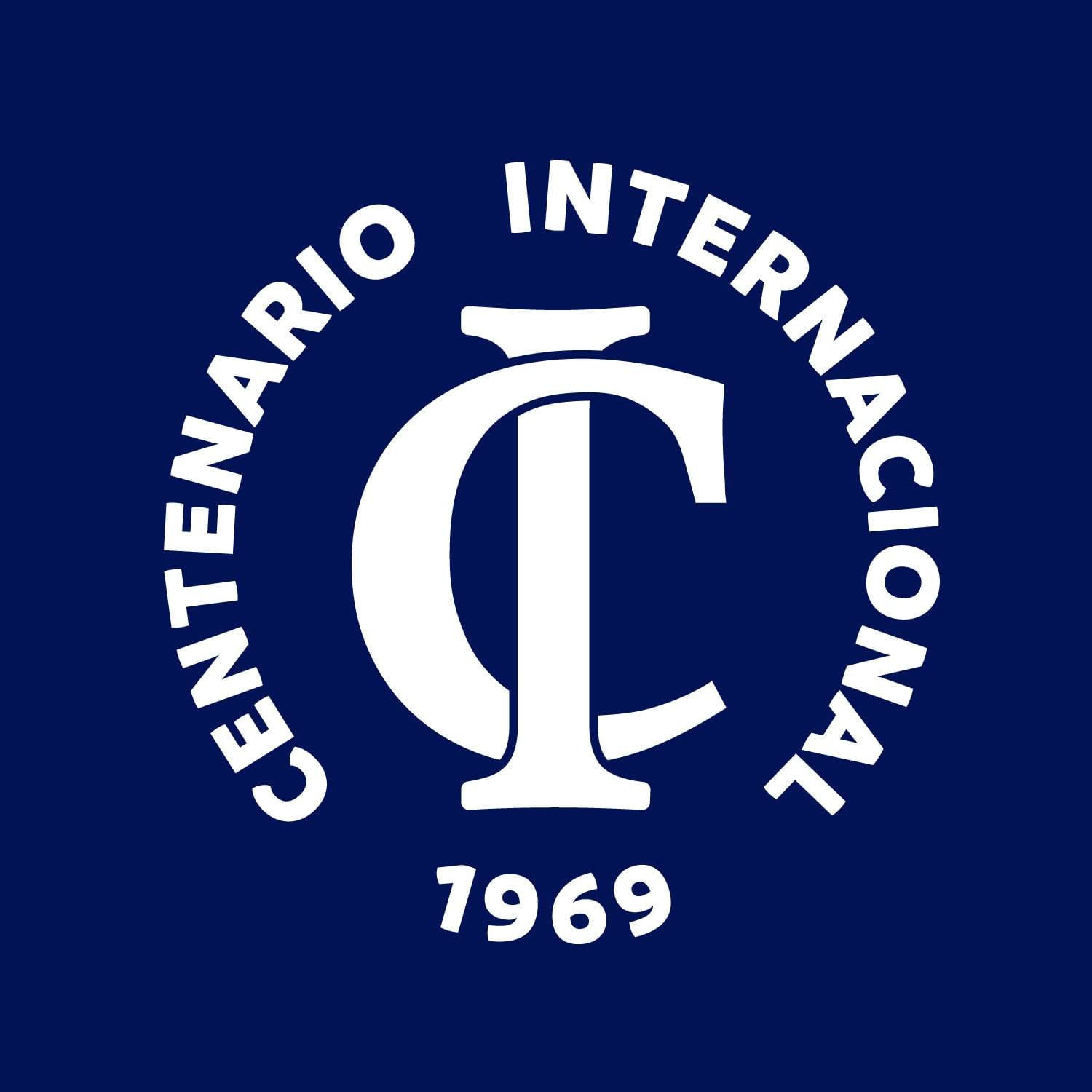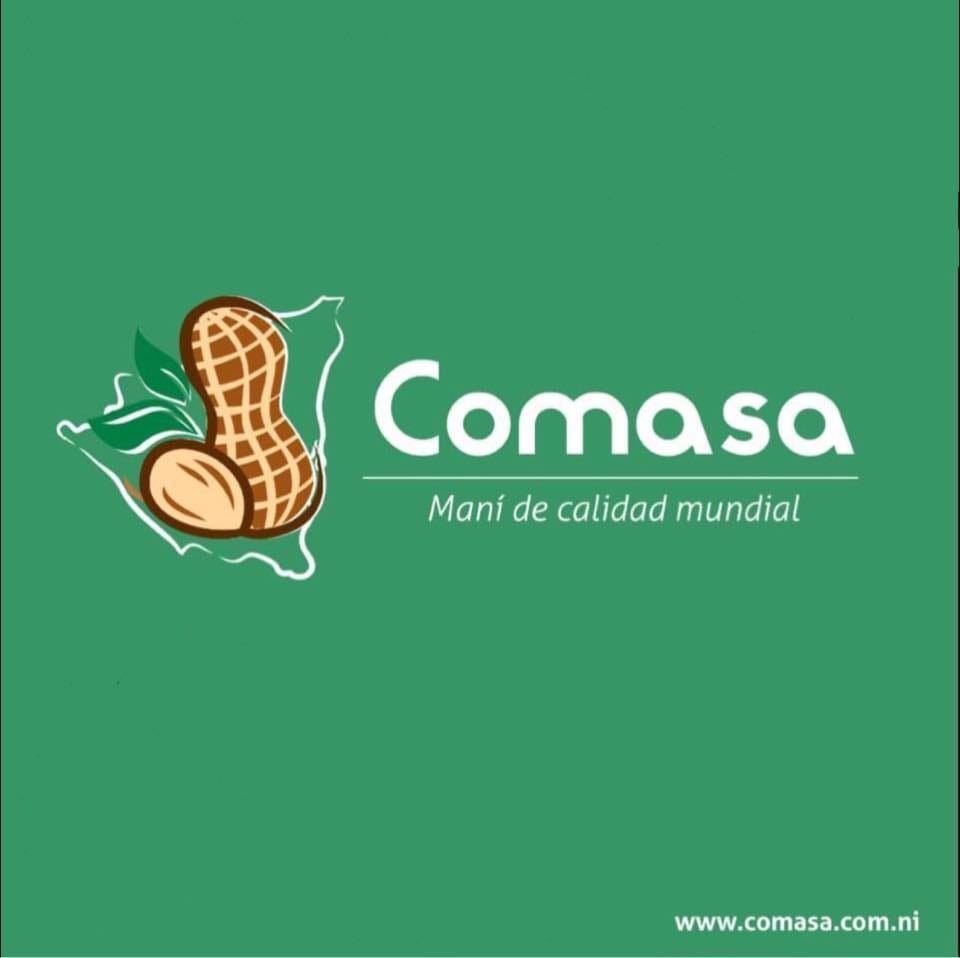Central American Giants: The 5 Most Important Companies in the region
Discover five business giants in Central America that are contributing to the region's progress and sustainable development.

The business sector in Central America plays a vital role in the region's development and growth dynamics. These companies contribute significantly to the economies of their countries and implement sustainable, innovative, and socially responsible practices that positively impact their communities and the environment.
In this article we will take a closer look at five companies that are true Central American giants whose actions are a powerful engine for progress in the region.
CMI, Corporación Multi Inversiones (CMI)

CMI, Corporación Multi Inversiones, is a multilatina family corporation founded in 1920 in Guatemala. Led by the third generation of the family, with Juan Luis Bosch Gutiérrez and Juan José Gutiérrez Mayorga as Chairmen of CMI Capital and CMI Foods, respectively, the corporation has grown to become one of the most important business groups in the region, operating in 16 countries and employing more than 40,000 people.
Sustainability is a fundamental pillar of CMI. The company has made significant progress towards decarbonization and investment in renewable energy. In 2021, CMI Capital issued $700 million in green bonds, and in 2022, it announced a $1.8 billion investment to drive growth, innovation, and technology in its operations. Moreover, the collaboration between CMI Capital and CMI Alimentos has resulted in the first fleet powered by solar panels.
CMI has been recognized for its sustainable practices, and has received carbon neutrality certifications for several of its operations, including a concentrating plant in Costa Rica and an animal feed plant in El Salvador. These initiatives have prevented the emission of 5,287 tons of CO2.
The company has also implemented projects that promote the circular economy and waste management, such as exporting over 150 tons of vegetable oil waste for biodiesel production.
Adoc

Founded in 1953, Adoc is the largest privately owned footwear company in Central America. With a significant presence in the United States, Spain, Japan, Chile, and other countries, the company has achieved a 14% market share in Central America.
The company started as a small artisanal business and has grown into a manufacturing and retail giant that exports its products to 12 countries. In addition to its manufacturing operations, Adoc has developed a chain of 224 retail stores with nine different formats, consolidating its presence in the regional market and expanding its international reach.
Cofisa

Founded in 1983 in Honduras, Compañía Financiera, S.A. (Cofisa) is a pioneer in the provision of vehicle and mortgage-backed loans. With 17 branches in the country's principal cities, Cofisa has distinguished itself for its speed and efficiency in the financial lending process.
The company has obtained ISO 9000:2008 certification, demonstrating its commitment to quality and continuous improvement. Cofisa also stands out for its innovative financial products, such as real estate loans, savings accounts, and fixed-term deposits, and its ability to adapt to the needs of the Honduran financial market.
Centenario Internacional

Centenario Internacional, a Costa Rican company, is dedicated to rum production and has made sustainability an integral part of its business strategy. The company has reduced its carbon footprint by 5 tons of CO2 per year and has reveived the Blue Flag and energy efficiency certifications.
Centenario Internacional also works hand in hand with the Municipality of Curridabat on recycling and community development projects. Furthermore, the company has invested in solar panel installations and has been recognized for its commitment to protecting and supporting wildlife through its "Nature's Godparents" program.
Comasa

Comasa, Comercializadora de Maní S.A., with over 30 years of experience in the peanut industry in Nicaragua, is dedicated to sustainable peanut production and export. The company has implemented recycling programs, water treatment, and reforestation projects and produces organic fertilizer from peanut waste.
These efforts have allowed Comasa to reduce its environmental impact and contribute to the sustainable development of the region. In this regard, it has developed a digital platform that allows producers to manage and control their cultivation and harvesting areas, promoting transparency and efficiency in their agricultural operations.
These companies in Central America demonstrate a strong commitment to sustainability and economic development. They play critical and central roles in their respective industries, implementing innovative and responsible strategies that benefit their communities and the environment. These companies exemplify how sustainability and business success can go hand in hand, contributing to the progress and well-being of Latin America.
